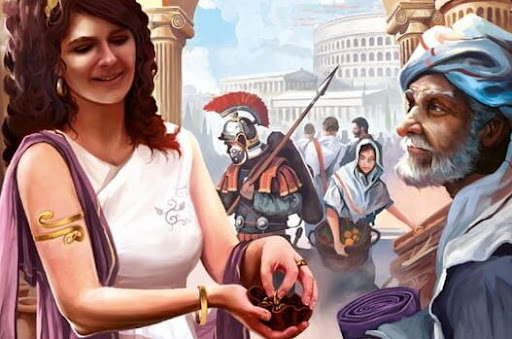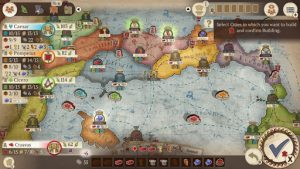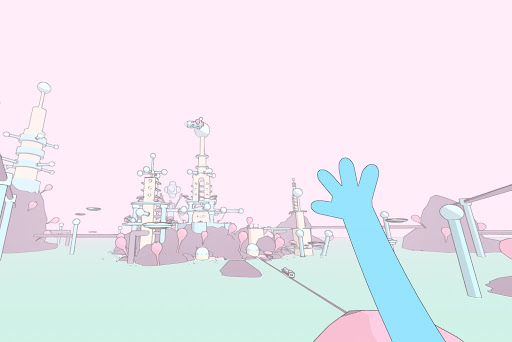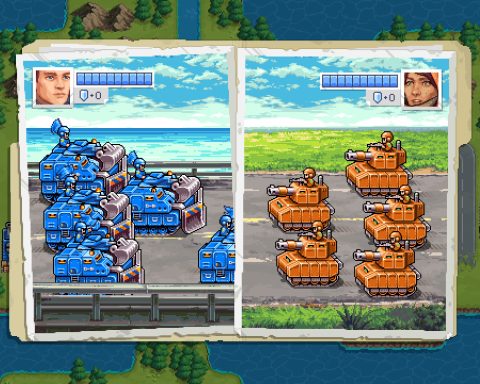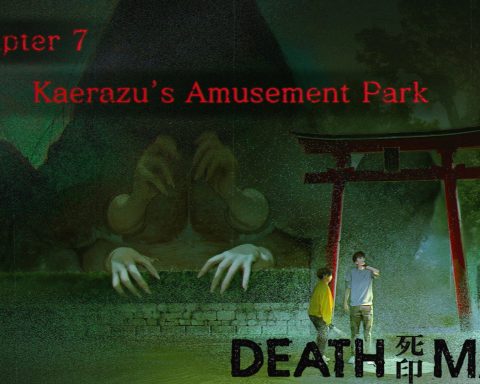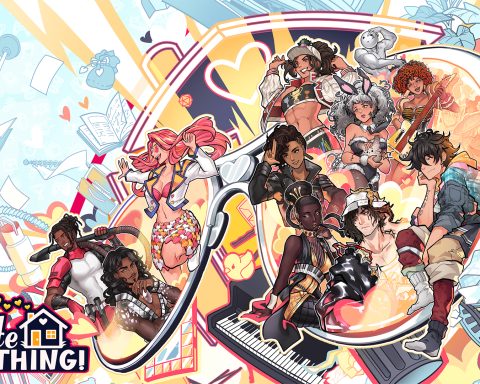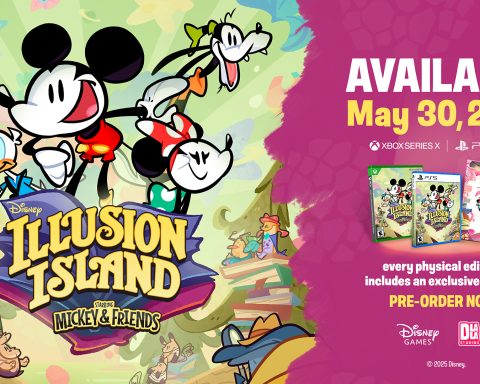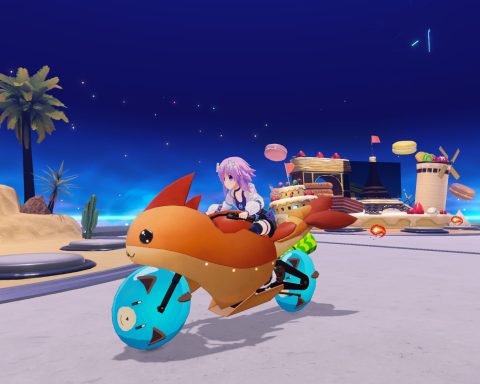Concordia is one of those Euro-style games where randomisation is limited (there are no dice), and there’s little direct competition between players. Rather, it’s a game of accumulation, where you need to set up towns and collect resources across ye olde Roman times, and the person that is the most efficient and productive at doing so ends up winning. I will say upfront that this isn’t the easiest example of these things to get into. If you’re newer to board games something like Catan or Wingspan (both on Nintendo Switch) are more accessible places to start. For the more experienced player, however, Concordia’s deeper mechanics lead to a more strategically challenging (and therefore interesting) game.
I’m not going to bother trying to explain the game in intricate detail here. There’s a 20-minute tutorial that you can walk through that does a decent job of giving you the in’s and out’s of Concordia if you’re comfortable enough with digital board games. However, in short, you have a range of actions that you can do in your turn, from collecting resources, moving “settlers” around so they can build up a presence in towns, collecting new cards (so you can undertake more actions), and earning cash. Every action in Concordia has its place, and doing well at the game requires an understanding of when to undertake actions, and what to focus on in any given turn.
New digital board game! Never played this before. It’s good! #NintendoSwitch pic.twitter.com/SCeNEE6jtx
— Dee Guevara 🇯🇵 (@MattSainsb) January 19, 2022
There are a lot of ways to go about playing Concordia, and it’ll take a fair few games before you’ve settled into the approximate strategy that suits you best. From there you just need to work on your exact timings and orders of activity. The very best Concordia players will, no doubt, be thinking five or six moves ahead. I would be lying if I said I was at that point, but I am starting to see how actions flow and the impact that decisions can have in the medium turn. I’m also enjoying the learning process, thanks to the variety in gameplay systems at play.
Unfortunately, Concordia hasn’t been particularly well optimised for Nintendo Switch. The interface is a mess, and I had to restart the tutorial three or four times because buttons and actions stopped working entirely. Thankfully in the main game that wasn’t an issue, however, I did have a fair few crashes instead. There isn’t much progress lost (there’s an auto-save after each turn), but crashes are never enjoyable… especially when it’s a simple enough game. Concordia is pleasant looking, but it’s also not pushing the console to the point that it should be breaking it.
As you’d expect there is online play, and there are more than enough people playing to get a game going, though in all honesty Concordia isn’t quite the easy play experience that makes for a fun time with randoms. Games go on a touch too long and as a Eurogame lack direct interaction. Because of this, you may as well be playing the (perfectly competent and enjoyable) AI. Of course if you can get a game going with friends than Concordia is at its best, and is a good Sunday killer over a couple of games. As an added plus to it there, the Switch version doesn’t have the DLC just yet, but when it does there will be over a dozen different maps to play on, that range from the claustriphobic Crete to the large and open Roman empire. The map you choose can have an effect to the gameplay and strategy, so the additional boards will be worth investing in once the DLC lands.
Aside from being an imperfect port, Concordia is an excellent digital board game for Eurogame veterans. That’s a fairly small niche on Switch and I do think most people will be happy with Wingspan, but if you do like your board games to be smart and engaging, this is one that you don’t want to overlook.

